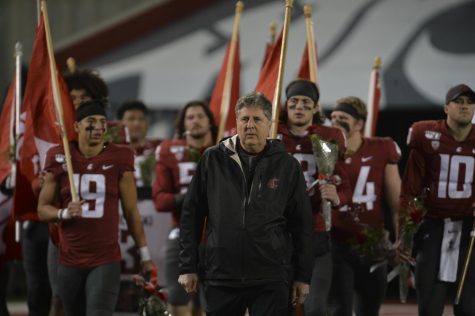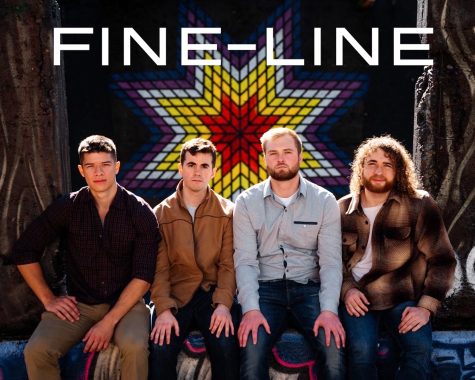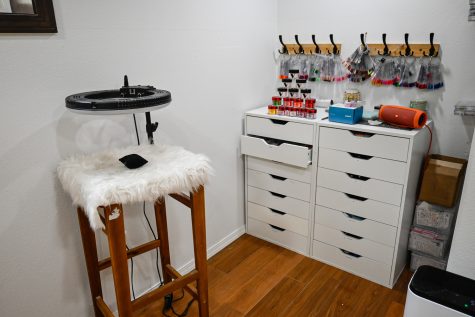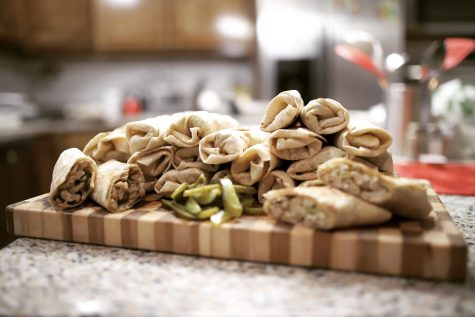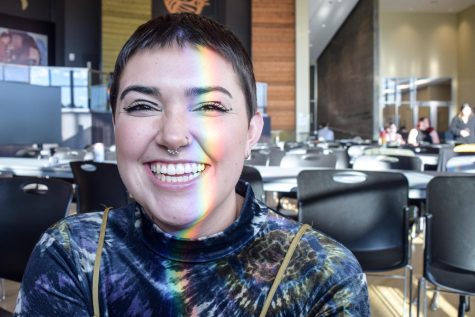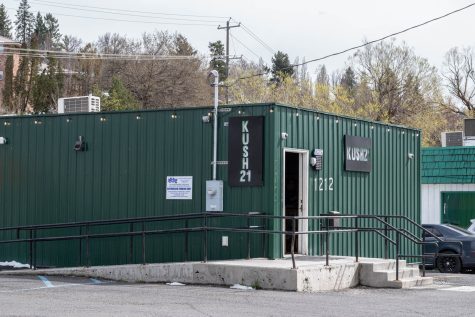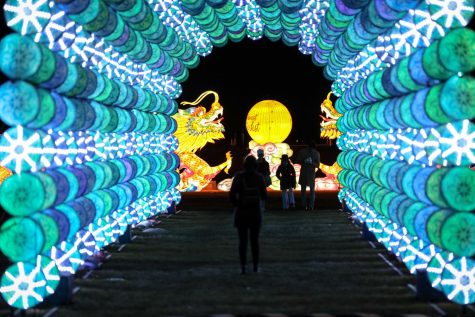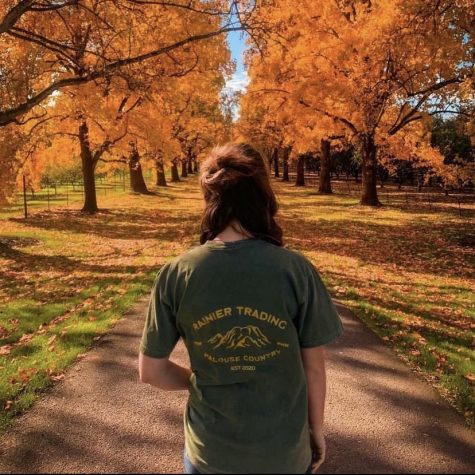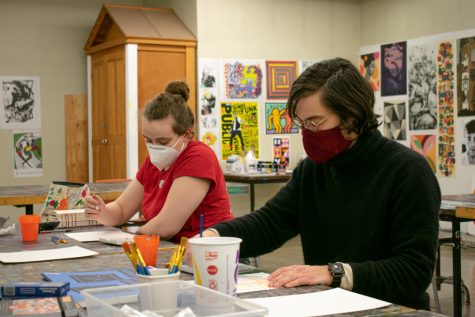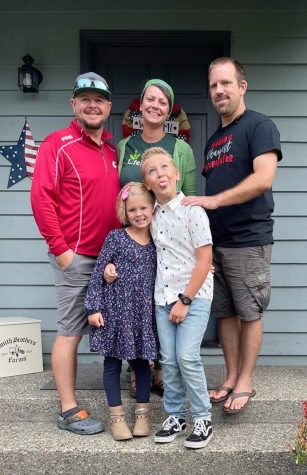New bone marrow club seeks to educate
March 25, 2015
Everyone has a superpower of their own: life-saving blood.
Be the Match on Campus at WSU is an organization that promotes awareness of bone marrow transplants. Working with the national registry Be the Match, the organization also works to increase the number of donors on the transplant registry, said freshman nursing major and club member Katie Deaton.
Bone marrow produces blood cells and stem cells in the body. Transplants are commonly used as treatment for cancers such as blood cancer but are also used for a broad range of diseases, Deaton said.
“(Donors) give healthy stem cells because someone else’s is messed up,” she said.
Because the club is still new, Deaton said their current goals involve getting the word out and recruiting new members. The organization will also hold registry events in which students can sign up to be donors, said student and club president Ben Eilts.
College students are at the perfect age to be donors as the age range is from 18 to 44, according to registry needs, Eilts said. The chances of being chosen are rare, but everyone on the registry has the capability of being someone’s cure, said advisor Debra Pastore.
Pastore created the organization for the WSU campus based on her experience being the match for her sister. By donating her blood, she said she was able to give her sister more time to live.
While some patients search within their family to be matched donors, Pastore said there’s only a 30 percent chance of finding a match within blood relation. One of the goals of the organization is to get more people signed up on the registry and open up new matches for patients.
“I don’t think people are aware this exists and there is a cure for these blood cancers and it comes from other people,” Pastore said.
Eilts said matches are found through a variety of variables, such as the ailment of the patient and the type of blood they need. Looking through the list of donors, there could be several matches or only a few.
The No. 1 reason people should register is that those who do have the chance to save someone’s life, Eilts said. The national organization of Be the Match assists donors through the entire process from transportation to post-donation.
“Cancer affects everyone, everywhere,” Deaton said. “It’s important for us to get as many people as possible.”
Pastore said the transplant process can be done in different ways. The one typically done the most is peripheral stem cell transplant, which begins with the donor receiving a shot to increase blood cell production.
From there, the procedure is similar to donating blood, in which tubes are put within the donor’s elbows. Blood is taken out one tube, put into a machine to pull out the stem cells, and then the blood is sent back into the donor’s body. The healthy stem cells are then taken to the patient, Pastore said.
“Right after you can’t do any strenuous activity for about two or three months,” Pastore said. “The body has to replenish the cells it lost.”
The procedure doesn’t require any form of surgery or removal of actual bone or bone marrow. Pastore said it was akin to a four-hour blood donation.
There are myths that these procedures hurt or require surgery, but one of the goals of the club is to dispel these and make people aware of their commitment should they choose to be donors, Pastore said.
“It only takes one person to save somebody’s life,” Pastore said.
Be the Match at WSU meets every other Tuesday in Cleveland 311 at 4:30 p.m.







